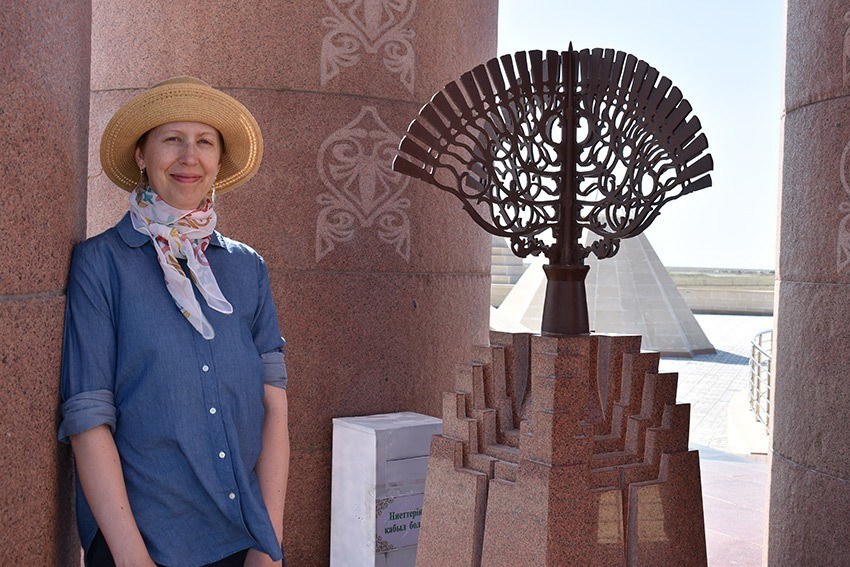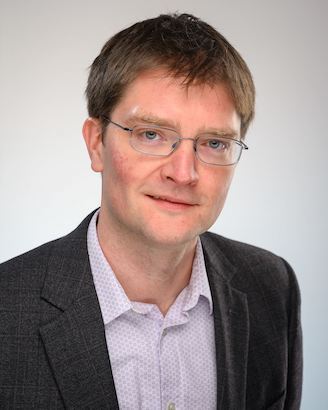
Dr. Megan Rancier joined the BGSU College of Musical Arts faculty in 2011, after receiving her Ph.D. in ethnomusicology from the University of California, Los Angeles in 2009. Her research focuses on Central Asia (specifically Kazakhstan) and the intersections between musical instruments, traditional and popular music, and national identity narratives. Since 2005 she has carried out several fieldwork projects in Almaty and Nur-Sultan, Kazakhstan supported by the Title VIII Research Scholar Program, a Fulbright IIE fellowship, and a short-term travel grant from the National Council for Eurasian and East European Research (NCEEER). Her work has been published in the journals Review of Middle East Studies, Popular Music and Society, The Yearbook for Traditional Music, and Ethnomusicology. In 2018, her co-edited volume Turkic Soundscapes: From Shamanic Sounds to Hip-Hop was published by Routledge. At BGSU, Dr. Rancier teaches undergraduate courses on music cultures of the world, and a graduate course on the history and literature of ethnomusicology; she also directs the Music of the Balkans ensemble.

Christopher Witulski (PhD in ethnomusicology, University of Florida, 2014) is the author of The Gnawa Lions: Opportunity and Authenticity in Moroccan Ritual Music (2018, Indiana University Press) and Focus: Music and Religion of Morocco (2019, Routledge Press), two books focusing on changes in sacred performance practices in contemporary Morocco and across North Africa. This work—and other articles appearing in journals like Ethnomusicology, Ethnomusicology Forum, the Journal of North African Studies, the Yale Journal of Music and Religion, and the International Journal of Middle Eastern Studies—explores how musicians negotiate their listeners’ tastes, global markets, and the aesthetics required for productive ritual.
Dr. Witulski is also an active performer of Arabic and American old time music on violin, ‘ud, and banjo. He has performed with the National Arab Orchestra in Michigan, at the Fez Festival of Sacred Music and in other settings across Morocco, and in professional orchestras in Florida and Georgia. Other interests include theoretical and computational approaches to popular and world music, the relationship between ethics and aesthetics in popular manifestations of religious music, and building banjos. Dr. Witulski taught at Florida State University before coming to the BGSU College of Musical Arts in 2016.
Thanks for attending this performance. If you have enjoyed your experience, please consider donating to the College of Musical Arts in support of our students and programming. Donate online at bgsu.edu/givecma, or call Sara Zulch- Smith at 419-372-7309.
To our guests with disabilities, please indicate if you need special services, assistance or appropriate modifications to fully participate in our events by contacting Accessibility Services, access@bgsu.edu, 419-372-8495. Please notify us prior to the event.
Audience members are reminded to silence alarm watches, pagers and cellular phones before the performance. As a matter of courtesy and copyright law, no recording or unauthorized photographing is allowed. BGSU is a nonsmoking campus.
Updated: 09/22/2023 04:02PM
